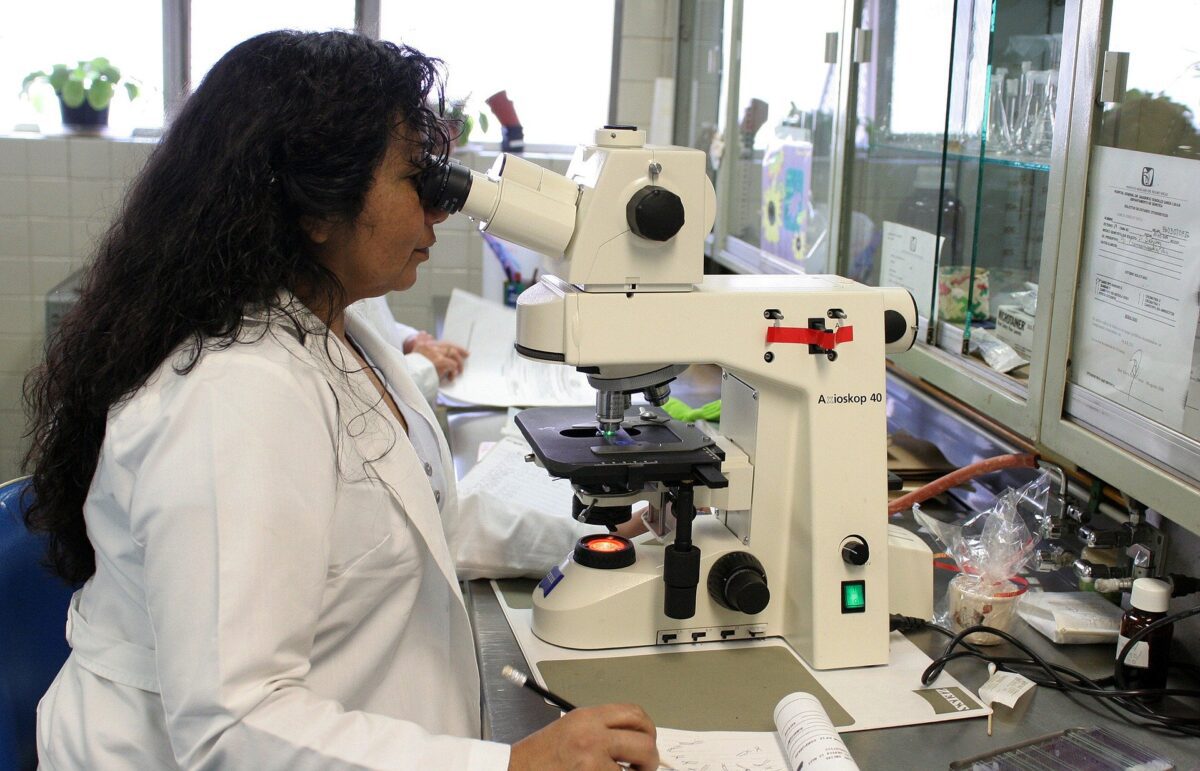A Publication for the Practising Medical Specialist, Industry Executive
How Long Does It Take To Become A Medical Assistant?


Medical Device News Magazine uses cookies to improve your experience on our site. By using our site, you consent to cookies.
Manage your cookie preferences below:
Essential cookies enable basic functions and are necessary for the proper function of the website.
Google Tag Manager simplifies the management of marketing tags on your website without code changes.
You can find more information in our Cookie Policy: Medical Device NewsMagazine and PRIVACY.